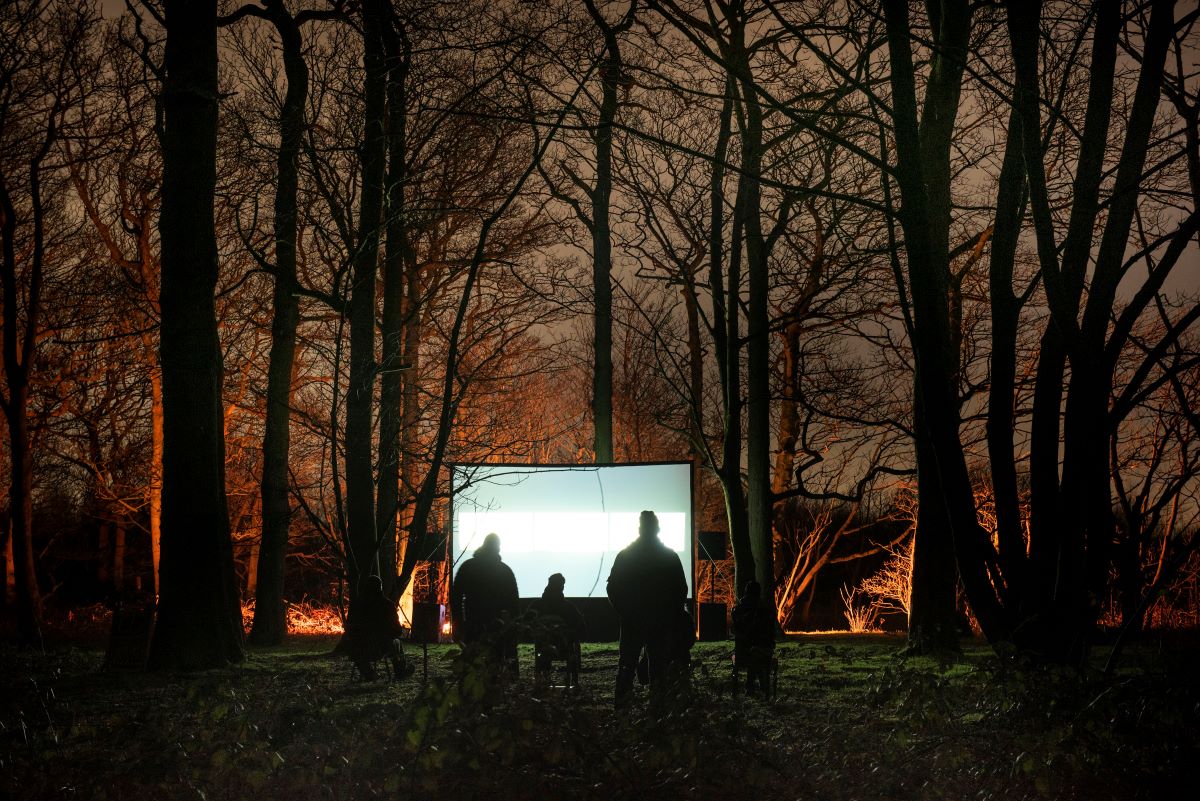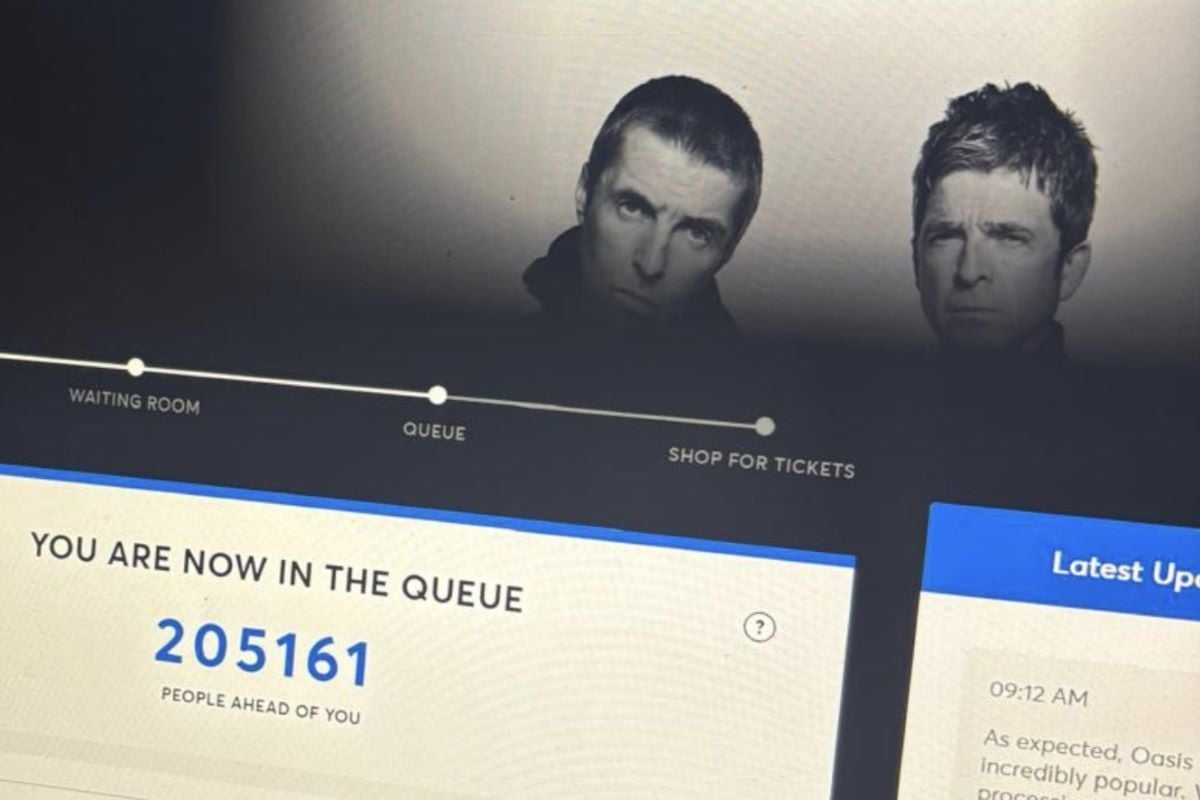In 2023, Creative Lives was commissioned by Arts Council England to distribute funds as part of the Know Your Neighbourhood scheme – a major fund from DCMS aimed at tackling loneliness and to boost volunteering in disadvantaged areas across England.
Over the past 18 months, across two competitive funding rounds, we have distributed 70 grants of between £10k and £20k to projects across 25 priority places, all with the aim of using creative activity to reduce loneliness.
This was a new and exciting challenge for us, to be able to invest at scale in what we have championed for over 30 years. And what a delight – from Pot Dogs, celebrating the heritage of disabled workers in the potteries in Staffordshire to Margate Pride run entirely by volunteers in Thanet – an inspiring and surprising array of creative projects have brought people together with a shared purpose: to create something together, bringing joy and connection.
What do we mean by loneliness?
Loneliness is a complex term. The government defines chronic loneliness as “a subjective, unwelcome feeling of lack or loss of companionship, which happens when there is a mismatch between the quantity and quality of the social relationships that we have, and those that we want. It is normal to feel lonely sometimes, but it is a problem when someone feels lonely always or often”.
There are many groups impacted by chronic loneliness and the Know Your Neighbourhood Fund was developed to support people who are more likely to experience loneliness.
These include young people (16-34); people who identify as LGBTQ+; people who have recently moved home; people who live alone; people in the lowest income quintile; people with a mental health condition; people with a disability or long-term health condition; new parents; people who are widowed; and people who are unemployed.
Why and how are arts and creativity a good approach?
At Creative Lives we know from years of experience that creativity can alleviate loneliness and help people feel more connected to others and the place where they live.
Our case studies, research and ongoing conversations with the broad and varied sector we support show us time and again that doing creative things with other people provides a sense of meaning and connectivity, improving social bonds. From new mums who attend choirs to meet others in their community, to sewing groups that help dementia carers, we know the value of this creative glue that binds people and communities together.
Creative Lives has advocated and celebrated everyday creativity for over three decades, but the opportunity provided by the Know Your Neighbourhood Fund to invest in this at scale, and the research outcomes it will produce, will enable a step change in our understanding of the power of creativity to tackle loneliness in specific places and communities.
What does the evidence say?
Recent research has found that those living in the most deprived areas are more likely to report feeling lonely and are less likely to volunteer. Loneliness is also closely linked with poor mental health and wellbeing. And a recent DCMS review exploring the effectiveness of loneliness interventions found that there is evidence that arts and culture can be effective in reducing loneliness.
Furthermore, an influential report (June 2024) by academic Helen Keyes found that creating arts and crafting had a significant impact on wellbeing and that its affordability makes it a credible public health tool. It concludes: “Engaging in [creativity] significantly predicted increased life satisfaction, a sense that life is worthwhile and happiness, above and beyond known sociodemographic predictors.” The report was picked by the Guardian with the headline ‘Arts and crafts give greater life satisfaction than work‘.
This evidence, along with research and activity by the National Centre for Creative Health and the Culture, Health and Wellbeing Alliance will enhance our understanding of what we call ‘everyday creativity’. This work is also being further explored by the new AHRC Everyday Creativity Research Network at Brighton University.
Inspirational case studies
We ran two rounds of this funding and our case studies suggest that participants in the first cohort of grantees are finding the projects beneficial.
The Social Agency, a group for adults with autism and learning disabilities in Stoke-on-Trent, set up an ambitious visual arts project called Arts Factory to combat social isolation. Participants said the group was a big part of their lives and attending helped them feel accepted and connected to others.
Freestyle Community Projects in Middlesbrough worked with over 100 people including 15 people new to volunteering to create a large mosaic celebrating the town. One of their volunteers told us: “I come away feeling good about myself because I’ve accomplished something new, spent time with friendly people and also found that I can help others which has given me a purpose in life.”
Case studies and testimonials from years of advocating for community groups demonstrate the positive impact of actively taking part in creative projects can be life changing. A member of Electric Pink Voices, an LGBTQ+ choir in Blackpool, said: “The friendships I have formed in the group have helped me through some bad places mentally. The songs, the learning, and the group mean a lot to me, and the future is looking rosy.”
What next?
Creative projects funded by the Know Your Neighbourhood Fund will continue throughout 2024. The activity and its impact will be independently evaluated by researchers commissioned as part of the fund. This study of creativity and loneliness will, we hope, help inform the case for increasing investment into creative groups in local communities.
To see the full list of projects funded by the Know Your Neighbourhood programme, visit Creative Lives.


































